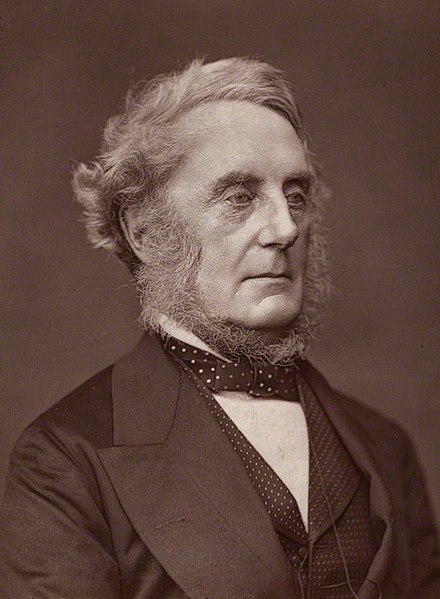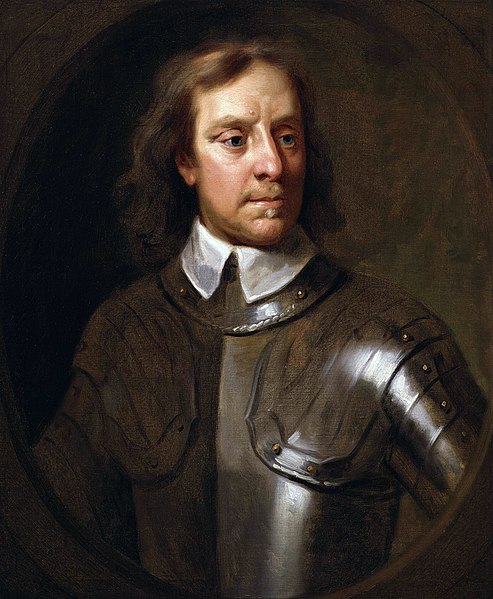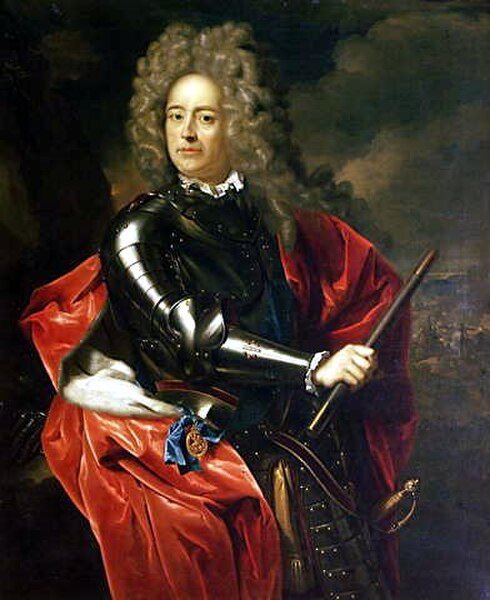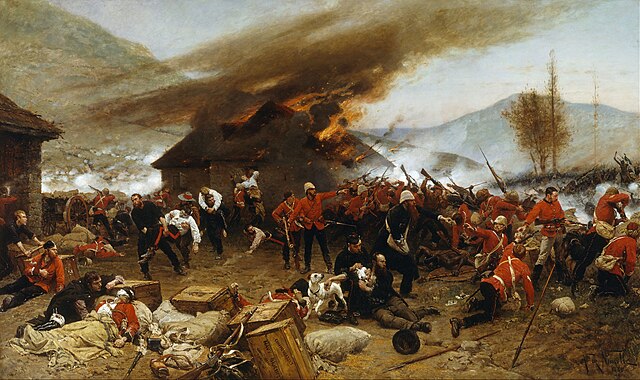The Cardwell Reforms were a series of reforms of the British Army undertaken by Secretary of State for War Edward Cardwell between 1868 and 1874 with the support of Liberal prime minister William Ewart Gladstone. Gladstone paid little attention to military affairs but he was keen on efficiency. In 1870, he pushed through Parliament major changes in Army organisation. The German Empire's stunning triumph over the Second French Empire in the Franco-Prussian War proved that the Prussian system of professional soldiers with up-to-date weapons was far superior to the traditional system of gentlemen-soldiers that Britain used.
Edward Cardwell, 1st Viscount Cardwell
The British Army is the principal land warfare force of the United Kingdom, British Overseas Territories and Crown Dependencies, a part of the British Armed Forces along with the Naval Service and the Royal Air Force. As of 1 January 2024, the British Army comprises 75,166 regular full-time personnel, 4,062 Gurkhas, 26,244 volunteer reserve personnel and 4,557 "other personnel", for a total of 110,029.
Lord Protector Oliver Cromwell
Lord General Thomas Fairfax, the first commander of the New Model Army
John Churchill, 1st Duke of Marlborough, was one of the first generals in the new British Army and fought in the War of the Spanish Succession. He was a noted ancestor of Sir Winston S. Churchill, later famous Prime Minister during World War II.
In the 1879 Battle of Rorke's Drift, a small British force repelled an attack by overwhelming Zulu forces; eleven Victoria Crosses were awarded for its defence.





